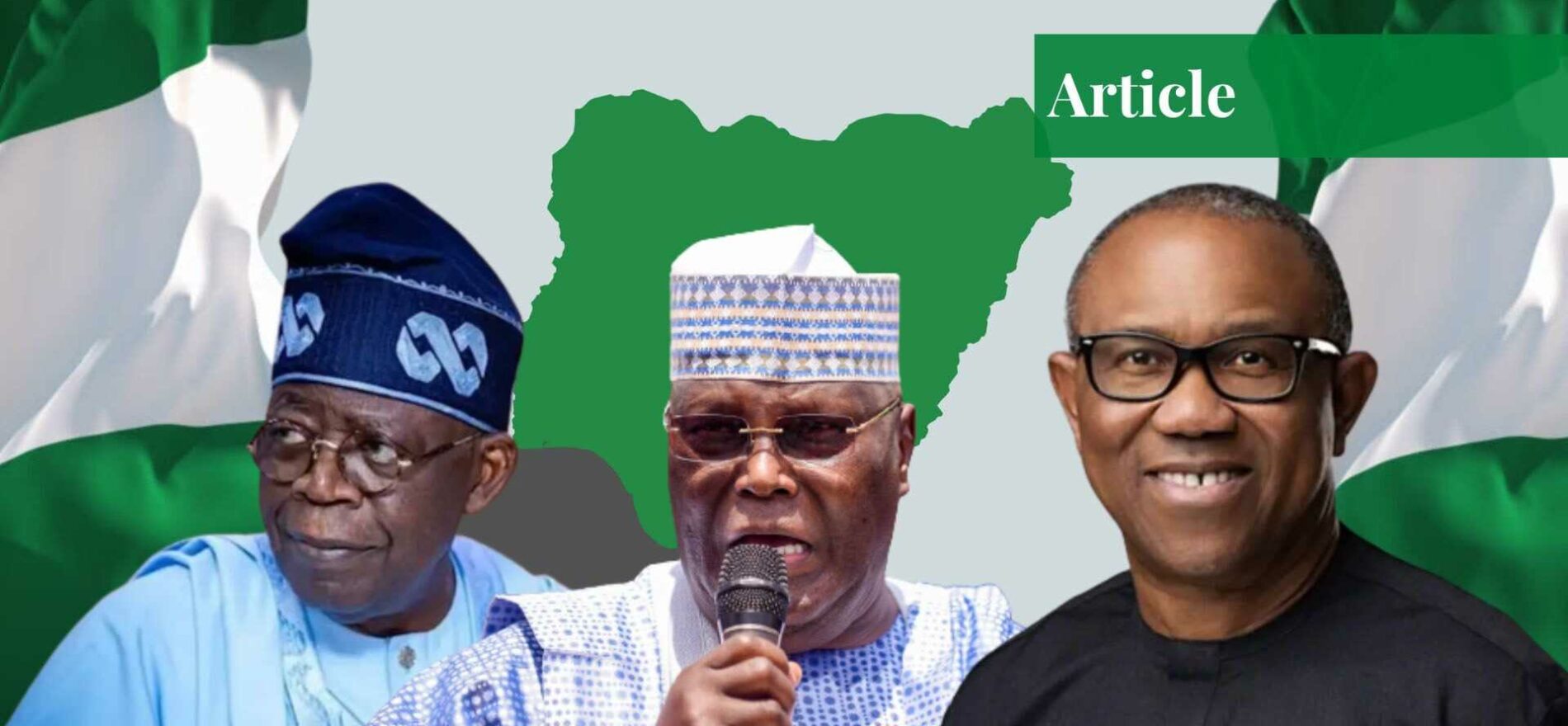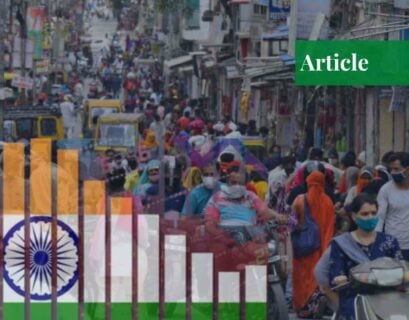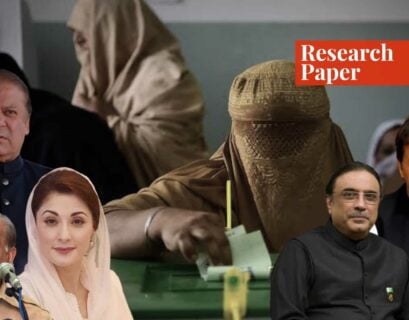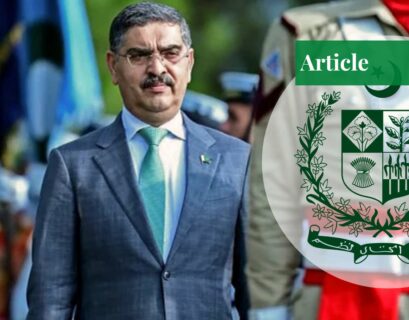Introduction
To choose the president and vice president of Nigeria, the 2023 presidential elections were held on February 25, 2023. Bola Tinubu, a contentious figure in Nigerian politics, won the presidential election. The winning candidate is required by law to receive a majority of the votes as well as at least 25% of the vote in two-thirds of the states. With 36.61% of the total votes, he prevailed.
In the past six years, Nigeria has experienced two recessions, unparalleled levels of food insecurity, continuous fuel scarcity, and significant levels of crude oil theft. As a result, the elections were held in an environment of considerable social and economic turmoil. It seemed to many that this election would be the last chance to save the country. Despite this, it marks the seventh consecutive presidential election since the return of democracy to the country in 1999.
Candidates for the 2023 Elections
Bola Ahmed Tinubu of the All Progressives Congress (APC), Atiku Abubakar of the Peoples Democratic Party (PDP), and Peter Obi of the Labour Party (LP) were the front-runners for the presidency. The former governor of Lagos, Mr. Tinubu, is a Muslim from the southwest and is a pillar of the All Progressives Congress (APC), which is currently in power.
Tinbu claims of having put Mr. Buhari in office. He is credited with increasing the state’s revenue, and his admirers predict that he will achieve similar results on a national level. Mr. Abubakar, former vice president and multimillionaire businessman, is the People’s Democratic Party candidate. Since 1993, Mr. Abubakar has made five attempts to win the presidency. This year, he made a sixth try in the hopes of winning.
The usual two-horse contest had been effectively upset by Mr. Obi, a Christian and the former governor of the state of Anambra in southeastern Nigeria. His fans, who are largely young southern Nigerians and have been severely affected by poverty, unemployment, and insecurity, refer to themselves as Obidients. He ran for the PDP ticket in 2019 with Abubakar.
Responses of Opponents After Result Declaration
The turnout in the 2023 presidential elections was 25.7 percent, the lowest ever seen in a Nigerian election since democracy was restored in 1999. About 24.9 million of the 93.4 million registered voters actually cast ballots on election day. The Independent National Electoral Commission (INEC) in Abuja indicated that Mr. Tinubu had won the election with 8.7 million votes or around 36% of the vote.
Peter Obi received 6.1 million votes, while Atiku Abubakar of the main opposition People’s Democratic Party received 6.9 million. As the results were announced, observer groups criticised the electoral process for not meeting the necessary requirements. Mr. Obi’s Labour Party and the Peoples Democratic Party led by Mr. Abubakar have demanded a rerun of the elections due to vote manipulation.
Electoral Procedure
A qualified plurality of voters elects the president of Nigeria to a four-year term. A contender must receive the most votes overall and at least 25% of the votes in each of the 36 states and the Federal Capital Territory in order to win in the first round (Abuja). The top two contenders compete in a second round if neither candidate wins in the first one. If a second round is required, it will take place 21 days following the first.
In single-member constituencies, a simple majority vote elects the 109 senators to four-year terms. There are three senatorial districts for each of the 36 states. Each of those 108 districts, as well as the Federal Capital Territory, elects one senator. The House of Representatives consists of 360 members who serve periods of four years, with seats allocated to states depending on population.
The 993 members of the State Houses of Assembly are chosen by single-member constituencies with a simple majority vote for a four-year tenure. On March 11, 2023, two weeks following the national election, voters in 28 of the 36 states also chose a new governor.
To be declared the winner of the election, the presidential and governorship candidates must receive the greatest number of votes cast and not less than one-quarter of the votes in at least two-thirds of each of the states or the local government areas in the state, as applicable, as per Section 66 of the Electoral Act, 2022, and Sections 134 and 179 of the Constitution of the Federal Republic of Nigeria.
Conclusion
The 2023 presidential elections in Nigeria are momentous. The nation has never before had a long stretch of unbroken democratic rule. The peaceful transition of power from Buhari to his successor is a significant development in a continent where military coups continue to occur often, a trend that has long typified Nigeria’s post-independence history.
These elections are fundamental because they provide a chance to improve the nation’s democracy and address a vast array of issues that have only worsened over time. To conclude, the elections in the most populous state in Africa will ultimately be a bigger test for the state of democracy across the continent.
If you want to submit your articles, research papers, and book reviews, please check the Submissions page.
The views and opinions expressed in this article/paper are the author’s own and do not necessarily reflect the editorial position of Paradigm Shift.


















